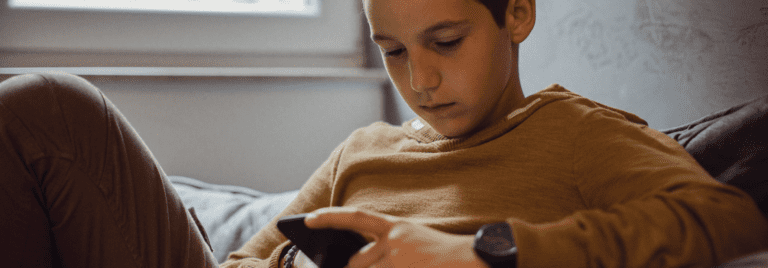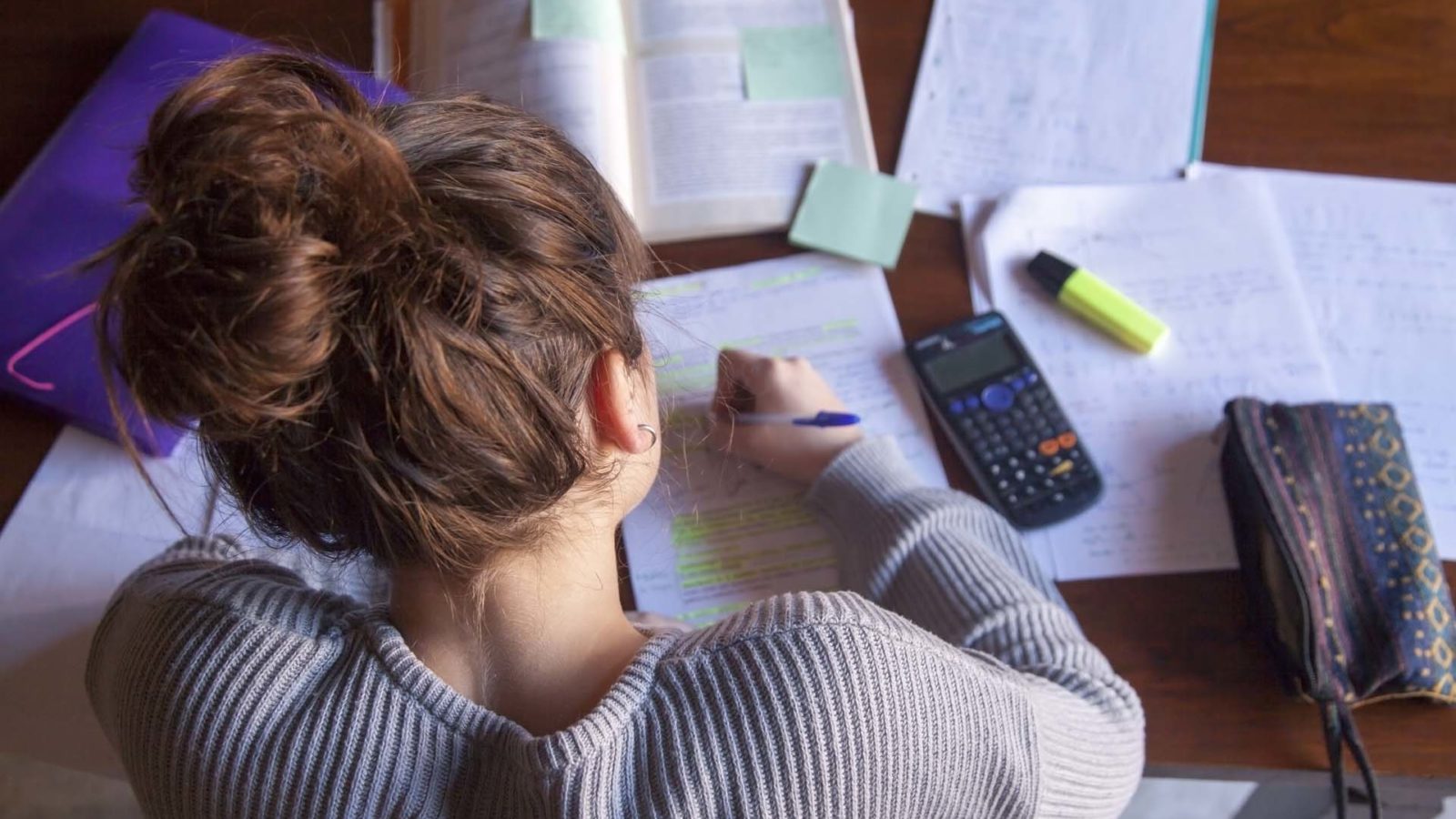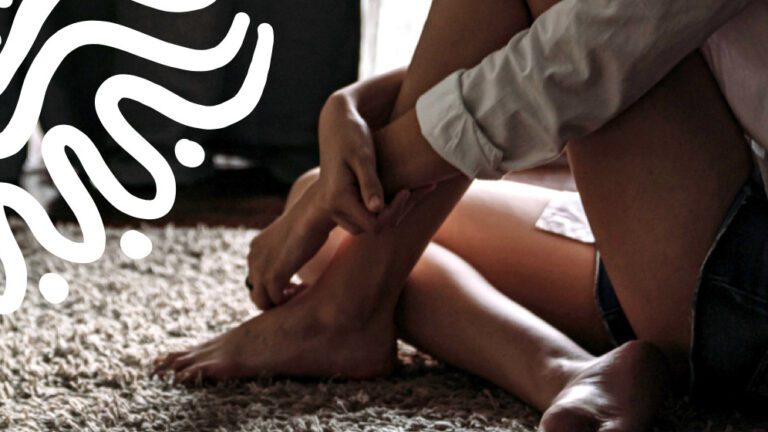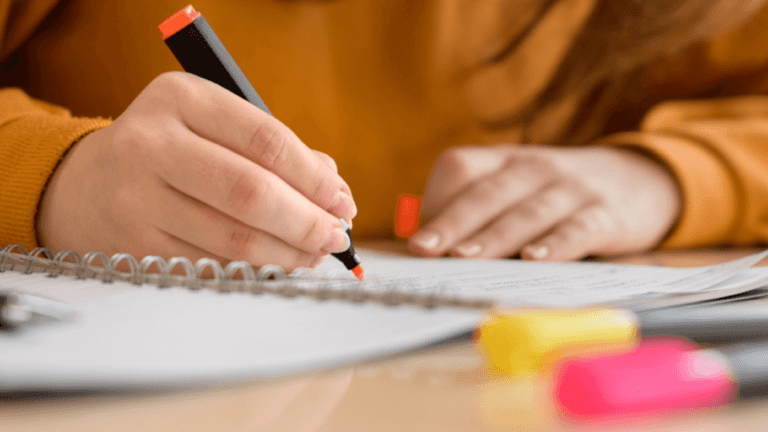When you need support to navigate what’s going on in your head, something that’s happening at home or elsewhere in your life, Kids Helpline offers free, 24/7 counselling for young people aged 5 – 25.
If you’ve never reached out to Kids Helpline before, you may be feeling a bit nervous and unsure of what to expect, and that’s totally normal!
We’ll show you what getting in touch looks like, and what you can expect during and after a conversation with them.
The first thing to know is that there’s many ways to get in touch to make you feel as comfortable as possible. Regardless of which option you choose, you’ll be speaking with a professional counsellor.
Click through the options below to get the low down on each:
Phone Email Webchat My Circle

If there’s something urgent that you want to talk about, or something you feel more comfortable explaining verbally, then picking up the phone is probably the best option for you. It’s also the fastest way to get support.
Here’s what to expect when calling Kids Helpline.
Calling up
First things first – whatever the time of day or night, 7 days a week, you can pick up the phone and dial 1800 55 1800 to speak to a Kids Helpline counsellor.
When you call, at first you’ll hear a message about privacy and confidentiality. You will also be told that the call may be recorded (don’t worry – you can ask the counsellor to turn off the call recording if you want to).
Depending on the availability of the counsellors, you’ll be on call waiting – typically for a few minutes – where you will listen to music. Once you’re connected, you’ll be speaking with a counsellor.
On the call
The counsellor you’re connected with will introduce themselves. If you’d prefer, you can ask to speak to a counsellor of a particular gender preference or even a particular counsellor that you’ve spoken to before. If a particular counsellor you request isn’t available, you’ll need to wait until that person is back on shift. It’s up to you if you want to call back later or speak to another counsellor instead.
Once your counselling session starts, you won’t be grilled with questions. Instead, they’ll let you open up to say what’s happening and what you’re feeling. These sessions are an open chat about you. Your counsellor will ask questions based on what you are saying to try and get more information to help you, but it’s up to you to say whatever you want – they’ll be listening!
Depending on what you want to talk about, a counselling call may last up to 50mins.
At the end
By the end of the call, depending on what’s happening for you, your counsellor may help you come up with some methods for coping and a way forward that will fit in with your life. They may also suggest some other supports or services who will be able to help.
If you want to get back in touch with them, just ask and they’ll let you know what particular days they are available. If you want to call in an ongoing way, they will speak to you about starting a case file for you. That way, you can call up and say your name and age, and any counsellor can review your records so you don’t have to keep repeating yourself!

If you don’t have the time to set aside for a call or online chat, or prefer to take a little more time to express what’s happening for you, email gives you the ability to connect with a Counsellor at a time that suits you. You also have the freedom to respond when you are ready.
Getting in touch
Start by sending your message to counsellor@kidshelpline.com.au. After this, you’ll get an automated message to say that they’ve got your email. In this message, you’ll be urged to call or use WebChat if you feel the matter is urgent.
It might take a few days to receive a response from a counsellor.
Counselling via email
Once your email chain starts, you won’t be grilled with questions. Instead, they’ll read what you’ve said in your initial message and ask how you’re feeling as well as any other details that will help them build a better picture of what’s troubling you. These sessions are an open discussion about you – your counsellor will ask questions based on what you are saying to try and get more information to help you, but it’s up to you to say whatever you want – they’ll be listening!
If you decide to continue your counselling via email, be aware that responses may be delayed depending on the availability of the counsellor.
If you decide that you want to switch to a more immediate form of communication like a call or a WebChat, you can always get in touch and request the counsellor you’ve been communicating with by email (again it’ll be dependent on that counsellor’s availability, otherwise you’ll be put in contact with another counsellor).

WebChat is Kids Helpline’s online messaging service. It’s basically like texting with a counsellor. It’s a great option if you are feeling a little hesitant about speaking on the phone or don’t want anyone to overhear your conversation.
Getting in touch
To start a WebChat session, head online anytime day or night.
WebChat can get a little busy at times, especially in the evenings, and waiting times can be around 40-50 minutes before being connected. If you are happy to wait, you may want to take a look through the other awesome resources on their website.
Before starting, you’ll be asked to fill out a questionnaire; don’t worry it’s not hard or anything – it’s just to get to know your situation so they can help you better once you’re connected.
Chatting
The counsellor you’re connected with will introduce themselves. If you’d prefer, you can ask to speak to a counsellor of a particular gender preference or even a particular counsellor that you’ve spoken to before. If a particular counsellor you request isn’t available, they’ll let you know when that person will be back on shift – it’s up to you if you want to call back later or speak to another counsellor instead.
Once your counselling session starts, you won’t be grilled with questions. Instead, they’ll let you open up to say what’s happening and what you’re feeling. These sessions are an open chat about you – your counsellor will ask questions based on what you are saying to try and get more information to help you, but it’s up to you to say whatever you want – they’ll be listening!
Depending on what you want to talk about, a WebChat session may last up to 50mins.
What happens next
By the end of the chat, depending on what’s happening for you your counsellor may help you come up with some methods for coping and a way forward that will fit in with your life. They may also suggest some other supports or services who will also be able to help.
If you want to get back in touch, just ask and they’ll let you know what particular days they are available. If you want to call in an ongoing way, they will speak to you about starting a case file for you. That way, when you get in touch next, you can let them know you have a case file and any counsellor can review your records so you don’t have to keep repeating yourself!

My Circle is an online, peer support program and chat forum for 13 – 25 year olds that’s facilitated by a counsellor. It’s a great option if you are feeling uncomfortable with a one-on-one conversation or feel like you’ll benefit from sharing with others who are facing similar challenges. It’s also a great outlet for you to share support and advice with others.
Getting started
To get started, head to the My Circle page.
First you’ll need to register for a particular ‘Circle’, these are focused on different topics so you can be sure you are only taking part in what’s relevant to you. You can choose from ‘alcohol and other drugs’, ‘anxiety and depression’, and ‘wellbeing’.
My Circle programs begin once a circle has enough members to start a group.
Once a group is ready, you’ll be contacted by the My Circle team with your login details.
What happens in a circle?
Circles are run by qualified Kids Helpline counsellors and typically last around 6 weeks.
The info and guidance provided is based on research, so you know you’ll be heading in the right direction. Counsellors will help you navigate things that may be affecting you by occasionally posting threads, questions and activities as well as images and videos about a topic.
From there it’s up to you what you want to say. You can even create your own threads to share your thoughts and ideas with others! The group facilitators are there to support you, and will always encourage safe, open and inclusive discussions about a range of topics.

Have more questions about getting in touch with Kids Helpline? Take a look through some common questions:




